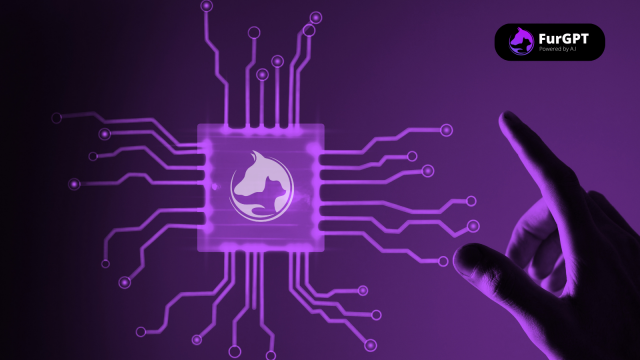New AI upgrade allows pets to detect emotional tone and respond with adaptive behavior in real time.
(Isstories Editorial):- Seattle, Washington Jul 10, 2025 (Issuewire.com) – FurGPT, the AI-driven companion platform for digital pets, has launched its latest advancement in emotional intelligence: Sentiment Detection Layers. These new neural modules give AI pets the ability to identify and respond to user sentiment, creating more responsive, personalized interactions across Web3 environments.
More on Isstories:
- BestAgents.us proudly announces the recipients of its Top Real Estate Professionals for 2026.
- Overwhelmed: Rachel Murphy Offers a Compassionate Path from Clutter to Calm
- The Usefulness of Hippopotamus Brings Healing Laughter Through Poetry and Wit
- Veteran-Owned ACT Cleaners Expands 24/7 Crime Scene Cleanup and Biohazard Services to Rockford and Winnebago County
- Nikolaos Zacharias, MD, FACOG, Recognized by America’s Best in Medicine as a Leader in OB-GYN – Maternal-Fetal Care
Using tone analysis, behavioral pattern recognition, and conversational signals, FurGPT pets can now detect mood shifts and emotional trends in real time. Whether a user needs encouragement, playfulness, or comfort, pets will respond with context-aware reactions based on emotional state.
The Sentiment Detection Layers are integrated across Ethereum, BNB Chain, and Lithosphere, preserving cross-chain continuity while enhancing emotional depth. Pets can now recall emotional history, adapt their personality tone, and build stronger bonds based on user sentiment over time.
As part of FurGPT’s ongoing evolution, this upgrade enhances the platform’s lifelike AI pet experience, bringing Web3 companionship closer to emotional realism and forging deeper, more human-like digital relationships.
About FurGPT
FurGPT is an AI-driven platform that allows users to create, customize, and engage with virtual pets across the Web3 ecosystem. By combining generative AI, secure blockchain infrastructure, and emotional context modeling, FurGPT delivers a unique and interactive companion experience.
This article was originally published by IssueWire. Read the original article here.



















